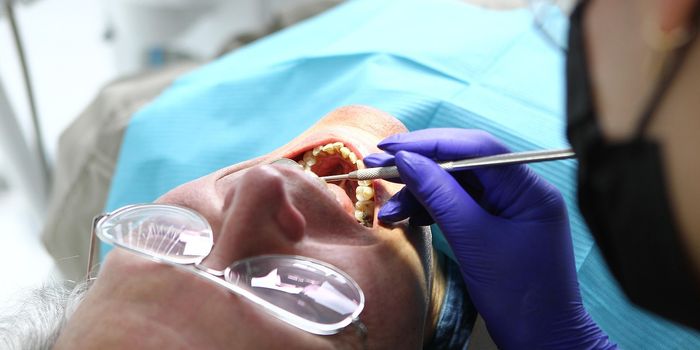These Fish Eggs Hatch Even After Passing Through a Swan's Digestive Tract
Scientists have long been captivated by killifish because they tend to pop up in unexplained places with seemingly no apparent sign of origin. While they typically appear in the fresh and brackish bodies of water across the Americas, some also appear in ephemeral waters, such as accumulations of floodwater, seasonal ponds, and secluded desert pools.
Image Credit: Lecea-Unisinos
The mystery regarding how killifish end up in such peculiar places has left experts scratching their heads for ages, but new research published just this month in the journal Ecology may finally provide some much-needed insight into how this happens.
Students at Brazil’s Unisinos University were purportedly in the midst of investigating flowering plants that managed to grow despite sprouting in bird-based fecal matter. To their interest, a fecal sample from a coscoroba swan contained an intact killifish egg, and the young scientists were particularly curious to know if such an egg would hatch under the same circumstances that the plant seeds managed to grow.
Related: Bird beak shapes aren't influenced by feeding behavior, study confirms
In an effort to answer this question, the students took to a local zoo where they could mix hundreds of killifish eggs into the captive swan feed and collect more fecal samples. Once all the killifish eggs passed through the birds’ digestive systems, an astonishingly low number of those made it through unscathed; of those that survived, one managed to hatch almost 49 days after being defecated.
The results confirm that killifish eggs can indeed hatch even after being ingested by waterfowl, and as you might come to expect, this could explain why killifish sometimes find themselves in such odd places. Swans don’t stay put after eating a meal, and upon ingesting the killifish eggs, the birds disperse them everywhere they visit via defecation.
As for what makes this possible, killifish eggs are biologically-tailored to surviving periods of partial dehydration, and this makes them somewhat resilient to peculiar circumstances such as what’s being described here. Moreover, swans’ digestive systems aren’t as robust as those found in other animals, and this is another factor that aids in the killifish egg’s survival.
Related: Walleye fish populations appear to be declining
While it seems at first glance like the mystery regarding how killifish make their way to such strange places has been solved, there’s likely more to the story than swan poop alone. With a. little luck, future research could shed more light on this process.
Source: New York Times, Ecology









